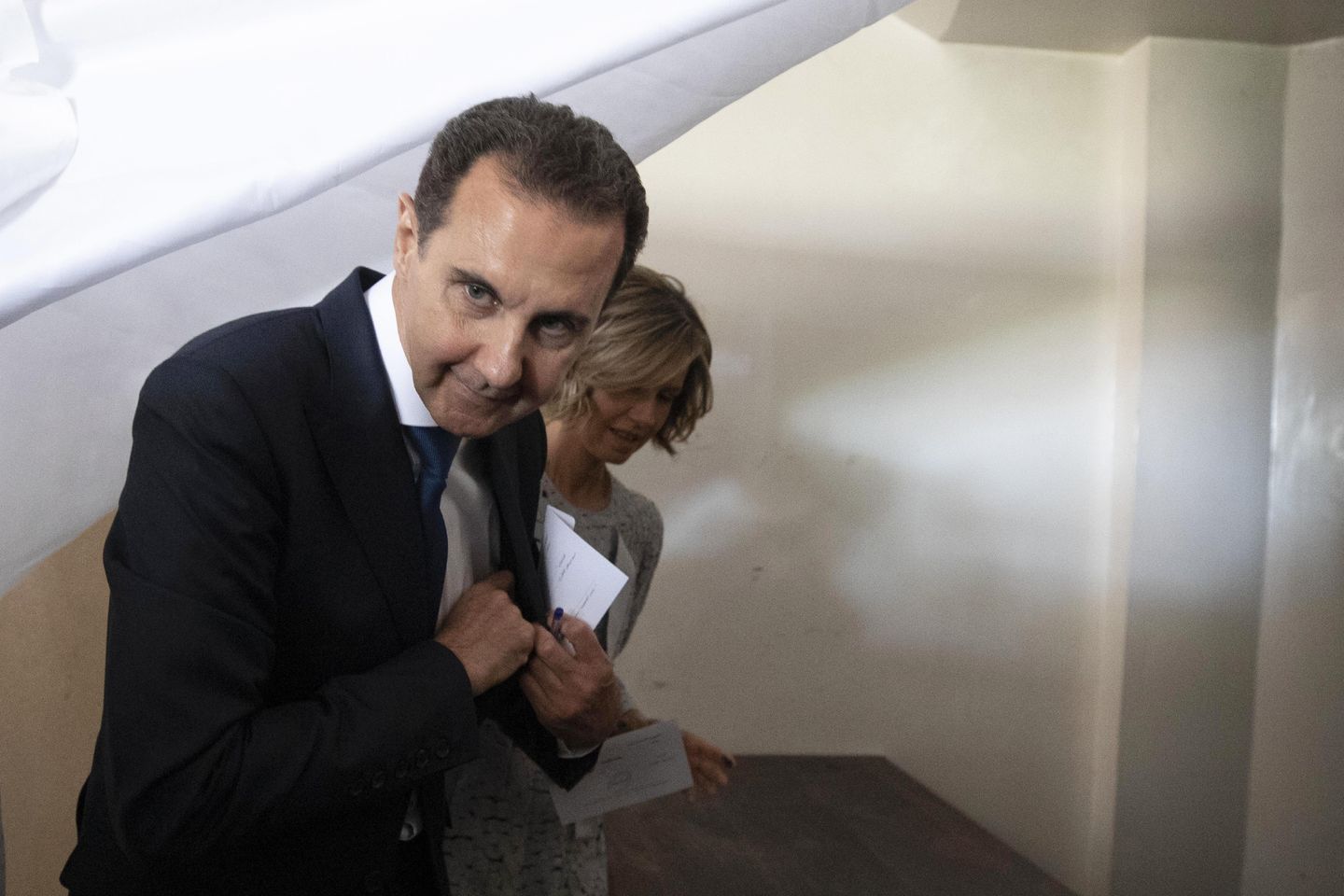In a surprising turn of events, Russia has announced that Syrian President Bashar al-Assad has left the country. This news comes as a shock to many, as Assad has been a central figure in the Syrian conflict for over a decade.
Assad, who has been in power since 2000, has been a controversial figure both domestically and internationally. His brutal crackdown on dissent during the Arab Spring protests in 2011 sparked a civil war that has devastated the country and displaced millions of people.
The news of Assad’s departure was first reported by Russian state media, which cited sources within the Russian government. The exact details of Assad’s departure are still unclear, but it is believed that he has fled to an undisclosed location, possibly in Russia or a neighboring country.
The departure of Assad raises many questions about the future of Syria and the ongoing conflict. Assad’s regime has been backed by Russia and Iran, both of which have provided military and financial support to help him stay in power. With Assad gone, it is unclear what will happen to these alliances and what impact his departure will have on the balance of power in the region.
Some analysts believe that Assad’s departure could pave the way for a political settlement to the conflict, while others fear that it could lead to further chaos and violence. The Syrian opposition, which has been fighting to overthrow Assad for years, has welcomed the news of his departure but has also expressed concerns about what comes next.
The United States and other Western countries have long called for Assad to step down and have imposed sanctions on his regime in an effort to pressure him to leave power. The news of his departure will likely be seen as a victory for these countries, but it also raises questions about what role they will play in shaping Syria’s future.
The departure of Assad also raises questions about the role of Russia in the conflict. Russia has been a key ally of Assad and has provided crucial support to his regime, including military assistance and diplomatic backing. With Assad gone, it is unclear what Russia’s next steps will be and how its relationship with Syria will evolve.
The news of Assad’s departure has been met with mixed reactions in Syria. Some people have celebrated his downfall, seeing it as an opportunity for a new beginning and a chance to build a more democratic and inclusive society. Others, however, fear that his departure could lead to further instability and violence, as different factions vie for power.
The international community has also reacted to the news of Assad’s departure. The United Nations has called for a peaceful transition of power in Syria and for all parties to respect human rights and international law. The European Union has also urged all sides to work towards a political solution to the conflict and to ensure the protection of civilians.
The news of Assad’s departure has sent shockwaves through the region and the world. Many people are now wondering what will happen next in Syria and how the country will move forward after over a decade of conflict and bloodshed.
As the situation continues to unfold, one thing is clear: the departure of Bashar al-Assad marks a significant moment in the Syrian conflict and could have far-reaching consequences for the country and the region as a whole. Only time will tell what the future holds for Syria and its people.









